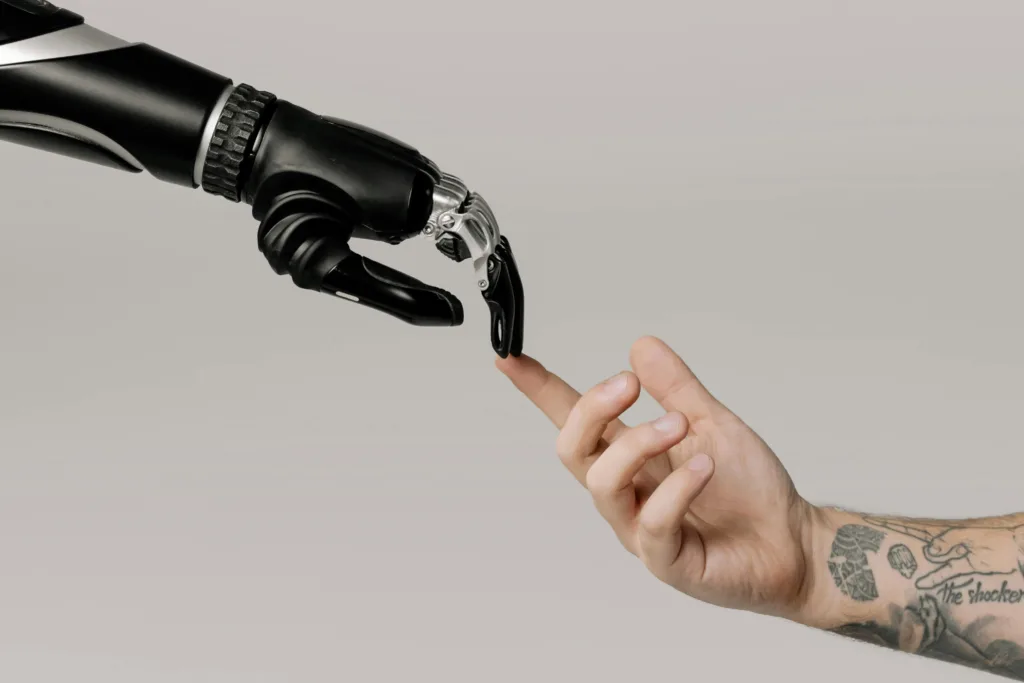The advent of artificial intelligence (AI) and machine learning (ML) in digital kiosks heralds a new era of personalized consumer engagement, transforming impersonal self-service transactions into customized interactions that cater to the unique preferences of each user.
7 Key Technological Advancements in AI and ML That Will Revolutionize Personalization in Digital Kiosks

1. Dynamic User Profiles
AI and ML algorithms create dynamic user profiles by continuously gathering and analyzing data from interactions, purchases, and even dwell times on certain screens. These profiles are then used to understand user preferences deeply and predict future needs, enabling kiosks to offer personalized greetings, recommend products, or suggest services that resonate with individual users.
2. Contextual Awareness
Beyond simple transaction history, these intelligent systems incorporate contextual data such as time of day, location, and even weather conditions to make more relevant recommendations. For instance, a self-service kiosk in a shopping mall might suggest indoor activities on a rainy day or promote sunscreen and sunglasses during a heatwave, enhancing the relevance and timeliness of its suggestions.
3. Adaptive User Interfaces
The user interface (UI) of kiosks evolves to match the preferences and behavior patterns of the user. For individuals who prefer visual over textual information, the kiosk might display more images and videos. Similarly, for users who frequently seek specific services, the kiosk can prioritize these options in the menu, making the interface more intuitive and user-friendly.
4. Predictive Recommendations
Leveraging predictive analytics, kiosks can forecast future user needs based on historical data and broader trends. This could involve suggesting a refill or replacement for a product based on its typical usage cycle or recommending a new coffee flavor that matches the user's taste profile but hasn't been tried yet.
5. Real-time Feedback Loops
Digital kiosks equipped with AI and ML capabilities can implement real-time feedback loops, allowing them to adjust recommendations and services based on immediate user reactions. If a user consistently ignores a certain type of recommendation, the system learns from this behavior and adjusts its future suggestions accordingly.
6. Enhanced Engagement Through Gamification
Personalization also extends to gamified experiences, where users earn rewards, discounts, or badges based on their interaction with the kiosk. This approach not only makes the shopping experience more engaging but also encourages repeat visits and loyalty by providing a tailored reward system.
7. Seamless Omnichannel Integration
AI and ML enable a seamless omnichannel experience by syncing user preferences and histories across multiple platforms. A recommendation made by a self-service kiosk can be reflected in the user's mobile app or online account, providing a cohesive and personalized experience regardless of the channel.
Through these sophisticated applications of AI and ML technology, digital kiosks are set to offer unprecedented levels of personalization at scale, turning every interaction into a tailored experience that delights users, enhances satisfaction, and drives loyalty. As a top kiosk manufacturer, this is not just a futuristic vision but a tangible advancement that we are actively pursuing. By harnessing these technologies, we aim to create a more personalized, secure, and efficient environment for users, ensuring that our kiosks not only meet the current needs of customers but also anticipate and adapt to their future demands.

